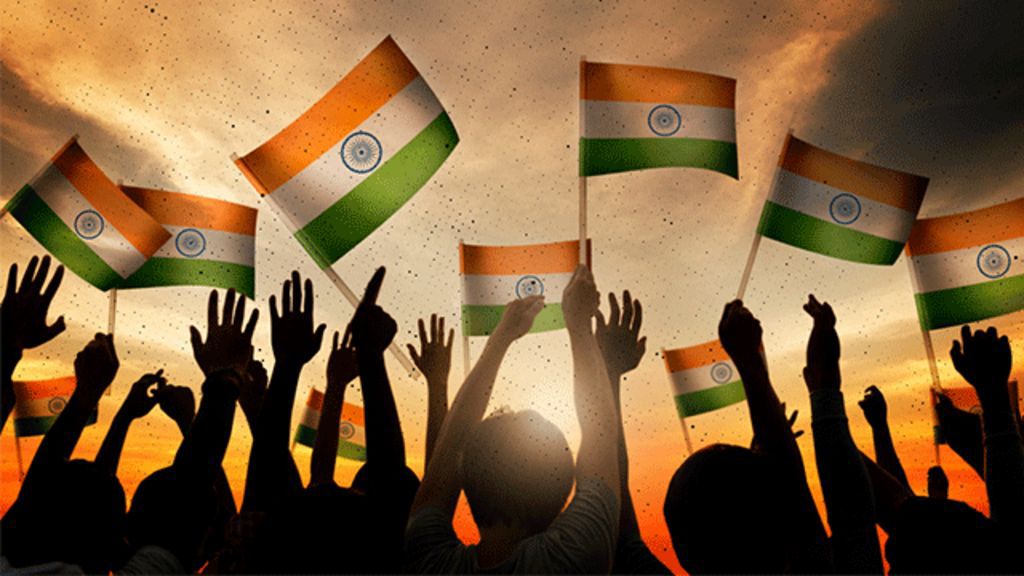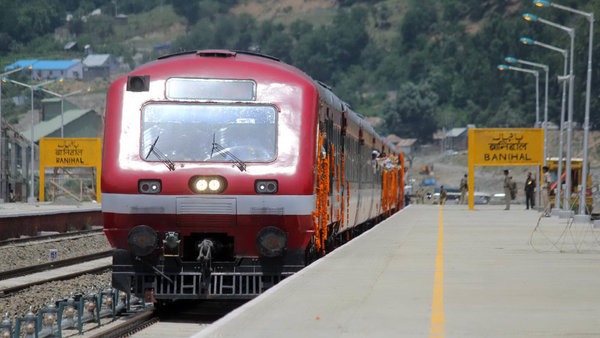 Image Source: South Asia Journal
Image Source: South Asia Journal
India's politics in 2025 is increasingly defined by the practice of dog-whistle politics—veiled coded discourse that communicates exclusion or discrimination to specific groups without seeming to others. Most obvious in parliamentary discussions and electioneering, this approach has deepened social cleavages and established a complicit silence culture among those in power.
Prime Minister Narendra Modi and BJP have consistently used such rhetoric, using words such as "appeasement," "vote bank politics," and "Mughals" to imply, ever so slightly, that Muslims were outsiders or a threat to the Hindu majority. In the 2024 Lok Sabha election, Modi repeated this line of attack against the opposition in his speeches, and the campaign videos and public statements further echoed this representation of Muslims as a privileged or perilous minority. The Waqf Amendment Bill debate in the Rajya Sabha last week featured opposition leaders accusing the government of "dog whistle politics" in so many words, warning of such a practice as likely further alienating Muslims from society.
Political dog-whistles succeed because they make base supporters active without openly violating democratic norms, whereas complicit silences—avoiding calls to condemn or resist the type of rhetoric at issue—allow them to get normalized. It is accused of undermining democratic discourse and depriving minorities of their rights as it has the effect of keeping issues of exclusion and discrimination under the rug in the name of majoritarian consensus.
As India navigates this landscape of mines, the question remains: will society deal with these coded messages and silences, or allow them to quietly redefine the democratic fabric of the nation?
Source: Deccan Herald
Advertisement
Advertisement


